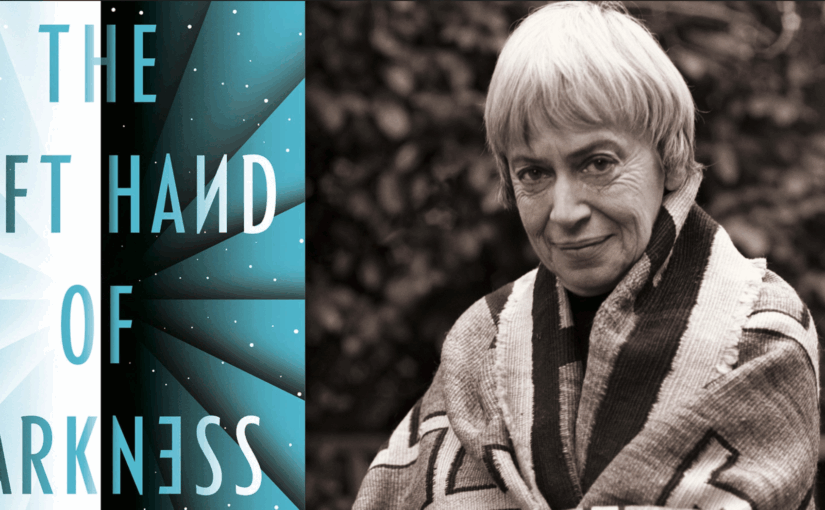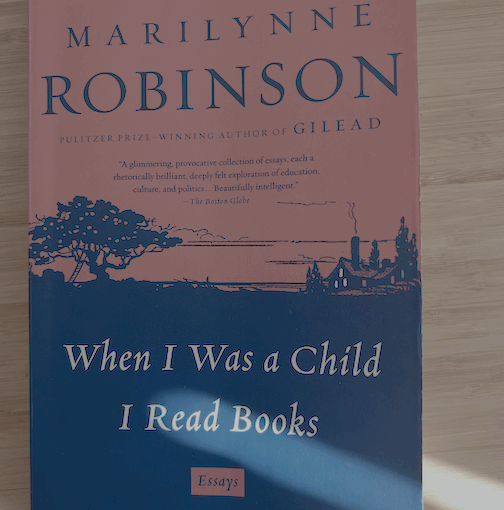When I was a Child I Read Books, Marilynne Robinson, 2012. This is book #17 in the Essay Project, a series of reading I am doing with CT. It marks a return to literary essays after an epistolary detour into the letters of Olive Sacks, and only a temporary return as we have plans to finish the rest of Sacks’ work…
My Thoughts on the Book
I must say, having just read the Preface and the first essay, I am beginning with a rather unfavorable impression. However, I will hope that her initial writing, which seems to me to quite polemical, will give way to more measured and approachable topics.
Later: After the discussing the first three essays, my reading partner and I decided that we would try to cherry-pick the essays, to see if we could find material we liked better. I proposed we read the title essay, and CT, after skimming the rest of the book, proposed we also read the final two. These are discussed below, but the bottom line is that while I can say that I enjoyed the title essay, the other two did not really grab me. I think, unless CT had a far different experience, we will stop after our next discussion, having read six of the ten essays.
Continue reading EP #17: When I was a Child…, Marilynne RobinsonViews: 10



